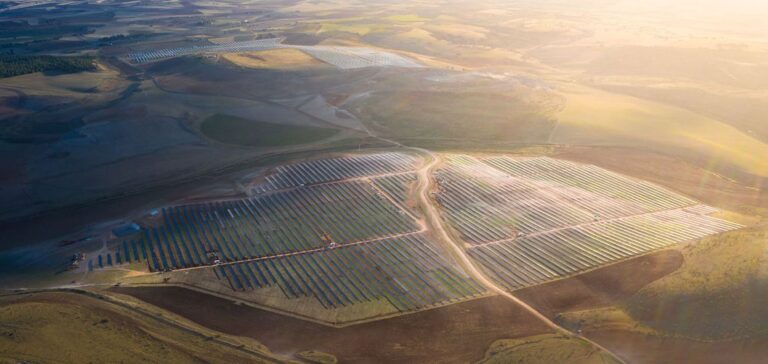X-ELIO has concluded six power purchase agreements (PPAs) in the United States, representing a combined capacity of 172 megawatts (MW). The companies involved, Cisco Systems, Biogen, IDEXX Laboratories, and Waters Corporation, have signed these 12-year contracts to secure their electricity supply from solar energy sources. The energy will be provided by the Star Dairy and Rosebud projects in Texas, which are expected to begin operations in 2027 and generate approximately 367,000 megawatt-hours (MWh) annually.
Structured agreements to meet industrial needs
The companies have structured these agreements in line with their long-term energy objectives. Cisco Systems has signed two PPAs for a total of 100 MW, supporting its programme to reduce indirect emissions. Biogen, which has operated exclusively on renewable energy since 2014, has added two new contracts with a combined capacity of 35 MW. IDEXX Laboratories, as part of its commitment to achieving 100% renewable electricity consumption by 2030, has signed a 20 MW contract. Waters Corporation has secured a 17 MW supply agreement.
A transaction facilitated by a buyers’ consortium
These agreements were negotiated within the framework of the Net Zero Consortium for Buyers (NZCB), an initiative designed to optimise corporate access to competitive renewable energy sources. This platform facilitates connections between electricity producers and large corporations, enabling standardised purchasing conditions and more efficient risk management.
Development of the Star Dairy and Rosebud projects
The Star Dairy and Rosebud solar projects, developed by X-ELIO, are located in Texas and have a combined capacity aligned with the needs of the signing companies. Once operational, they will supply contractually agreed energy over 12 years, ensuring a stable supply for the industrial stakeholders involved.
Nicholas Pentreath, deputy CEO of X-ELIO, stated: “We are proud to establish strategic relationships with companies that have clear energy and competitiveness objectives in high-energy-demand sectors.”
These agreements reflect the growing commitment of companies to integrate long-term procurement strategies to stabilise their energy costs and adapt to electricity market developments.






















